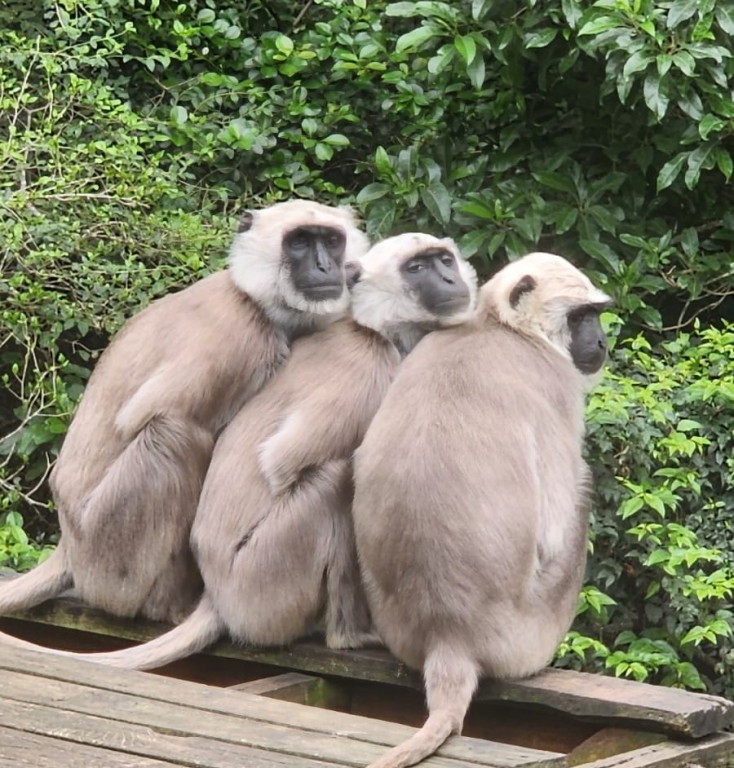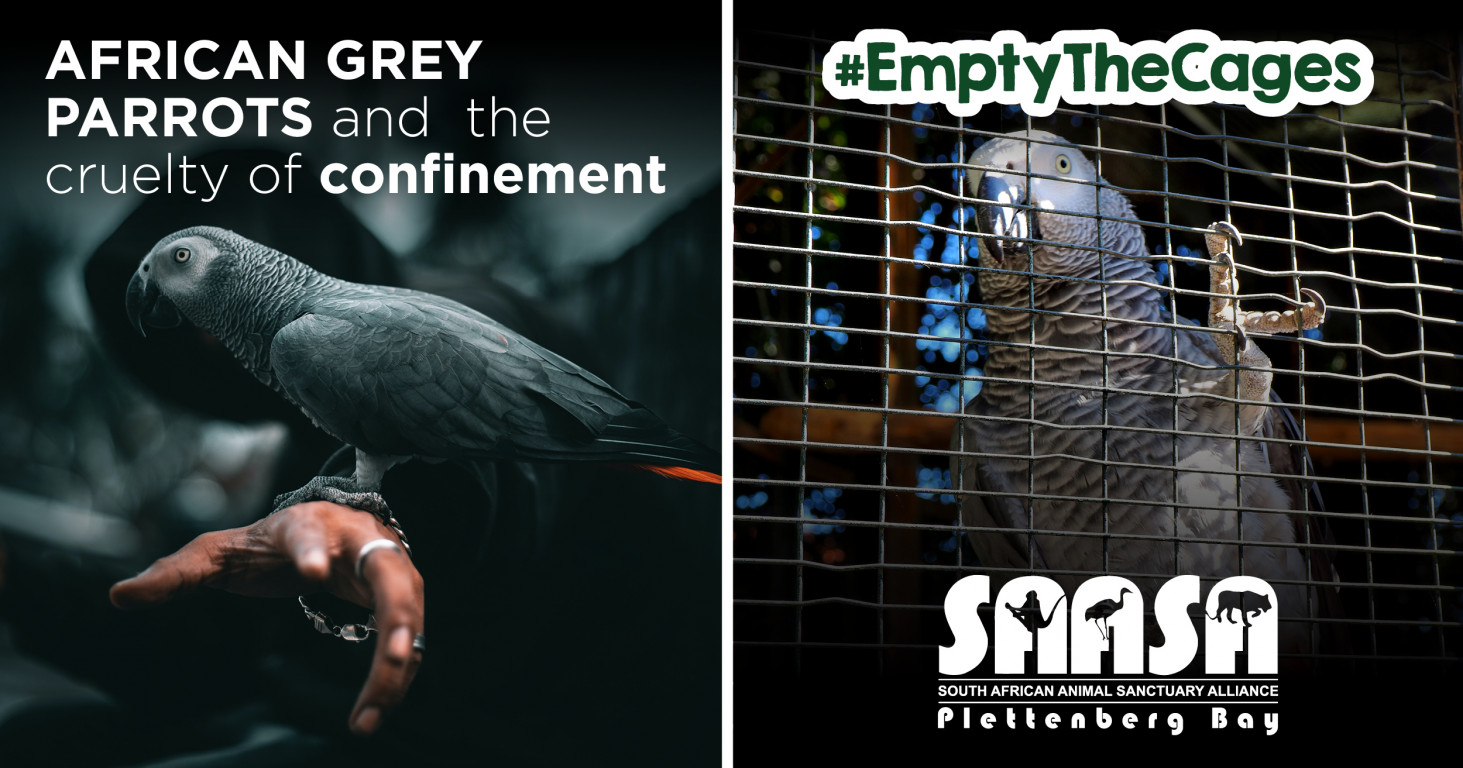The peer-reviewed study, which looked at two decades worth of film trailers featuring monkeys and apes, found that including primate actors in films mislead viewers on the behaviour and conservation needs of those animals.
In more than half the cases studied, primate actors are shown amongst humans and performing human actions most of the time. The study also found that primates were shown “smiling”, which in most primate species can indicate fear or submission.
Sadly, monkeys and apes have featured in major Hollywood films such as The Hangover Part II, The Wolf of Wall Street and Babe: Pig in the City.
The study’s leading author Brooke C Aldrich, who’s also a trustee at the charity Neotropical Primate Conservation, highlighted his serious concerns that using primates in films could trivialise their conservation needs by portraying them as pets.
A previous study found that 35% of respondents mistakenly thought chimpanzees were not endangered due to their frequent appearances in films and television programmes.
Although the number of films featuring primate “actors” is relatively low, the continuous use of primate “actors” is likely to reinforce this misconception.
Orangutans are the only species with declining usage in films, which Aldrich suggests could be due to their long-standing listing under the US Endangered Species Act, making them more difficult for Hollywood filmmakers to source.
Aldrich continued: “Far too often, well-meaning, animal-loving people fail to recognise the suffering of wild primates in captivity.
Given how often people see images of ‘smiling’ chimps or capuchin monkeys, apparently happy to be wearing a pirate suit or brushing their teeth, it’s not surprising.
“As long as monkeys, apes and other primates continue to be depicted in this way, such misunderstandings are likely to continue.”
Source: The Journal
Wild animals are not pets, nor are they props. Be etchical, be kind and keep your hands off wild animals, and dont support the use of monkeys, apes or lemurs in films.





.jpeg)



